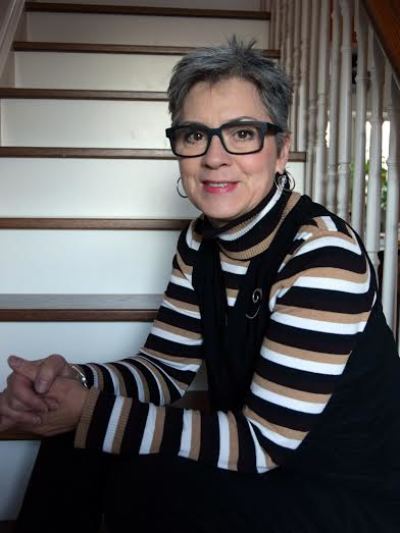Canadian Church Denies Claim That Hearing to Decide Fate of Atheist Minister Was Postponed

The United Church of Canada is denying reports that a hearing scheduled to determine whether an atheist minister should be defrocked has been postponed.
The Rev. Gretta Vosper, head of West Hill United Church of Toronto, Ontario, is undergoing an investigation into the effectiveness of her ministry, as she is a professed atheist.
The Star, a Toronto-based newspaper, reported in November that the hearing that could lead to Vosper being put on the Church's Discontinued Service List (Disciplinary) had been "postponed indefinitely."
"The hearing on whether Gretta Vosper is suitable for the ministry — scheduled months ago — was to have taken place [in November 2017]," reported the Star.
"However, Vosper, who is the minister at West Hill United Church in Toronto's east end, recently received a letter informing her of the delay ... [Vosper] said the Church offered no reason in its letter for the delay, nor did it indicate when the hearing before a judicial committee might now take place."
The Rev. Alan Hall, spokesperson for the UCC, told The Christian Post in an interview Tuesday that the formal hearing had not been postponed as previously claimed.
"We continue to work with the parties to define preliminary issues. Until this step is concluded a date for the hearing cannot be set," said Hall.
CP reached out to Vosper for a comment on this story, however she declined, saying in an email that "there is nothing more to report, but I will be happy to engage when that time arrives."
In 2013, Vosper came out as an atheist after years of publicly professing that she did not believe in what she called "a supernatural, interventionist, divine being."
Vosper's church, West Hill, has embraced her decision, with a representative of the church telling CP in 2016 that the congregation has largely secularized their worship services.
As her church adopted a more secular worship service, the congregation saw a decline in membership from 324 members in 2000 to 147 members in 2014, which is the last year for which official statistics are available.
In 2015, the UCC's Toronto Conference decided to investigate whether Vosper should remain an ordained minister, given her professions of disbelief.
The Conference Interview Committee for the United Church's Toronto Conference ruled 19–4 in September 2016 that Vosper was "not suitable" to remain a minister.
"In our opinion, she is not suitable to continue in ordained ministry because she does not believe in God, Jesus Christ or the Holy Spirit," concluded the committee's majority.
"Although The United Church of Canada is a big tent, welcoming a diversity of theological beliefs, Ms. Vosper is so far from center of what holds us together as a united church that we have concluded that she is not suitable to continue as an ordained minister in our Church."
Since the committee's decision was released, Vosper has remained active in the nontheist movement, helping in late December 2016 to found a secular community called the Toronto Oasis.
"Each week we gather to discuss real-world principles based on reason, not tradition, which are supported by evidence, not scripture or revelation," the Oasis states on its website.
"Toronto Oasis meets every Sunday at 10:30 a.m. The community gets together to enjoy coffee, live music, and to learn something new about the world, to draw strength from the power of human community, and to engage in service projects for the betterment of the human condition."
When asked by CP about the lengthy time period for the process, Hall of UCC replied that this was because the Church wanted to properly discern the matter before taking action.
"While the time frame seems long, the significance of the potential outcome requires care and diligence with each step of the process," explained Hall.





























